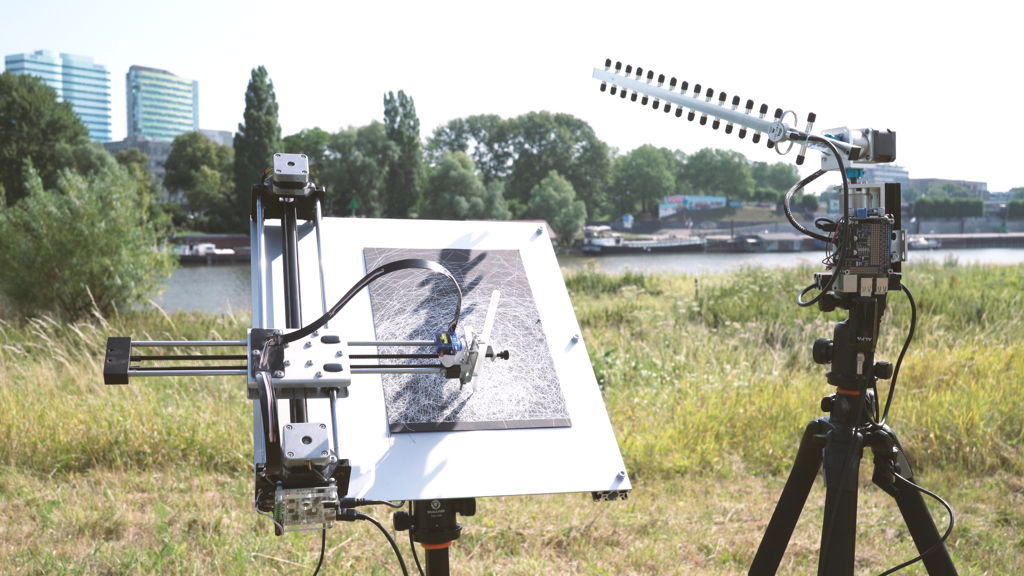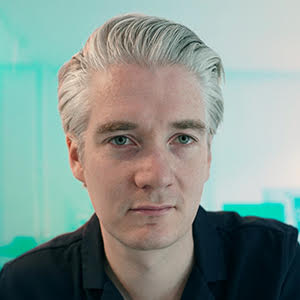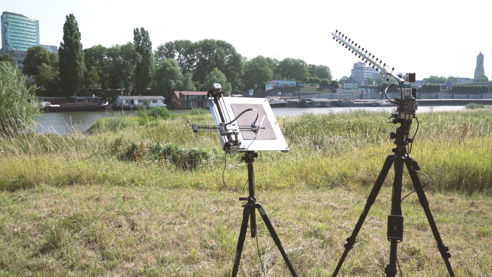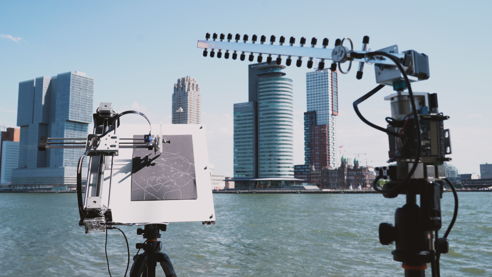 FINALIST
FINALIST
Wifi Impressionist


Category : GENERAL
By Richard Vijgen (The Netherlands)
WiFi Impressionist from R Vijgen on Vimeo.
Richard Vijgen
Richard Vijgen (1982) is a Artist, Designer who’s work focusses on data visualisation and data interpretation. Poetic and Precise. His work includes “Architecture of Radio”, “White Spots” and “The Deleted City”. His work has been recognised and exhibited by museums and professional organisations around the world including Ars Electronica, LACMA, The Barbican and ZKM.
A field installation that draws the electromagnetic landscape around us. Like the impressionist painters of the 19th century, it visualises an interpretation of the landscape. The vibrations in the electromagnetic space are picked up by a rotating antenna, and translated into vibrating lines that aim to capture the landscape on paper.
The space around us is filled with information. We are literally immersed with electromagnetic fields vibrating with information. Just like visible light, radio is a part of the electromagnetic spectrum. Like a painting of a landscape is an interpretation of the electromagnetic vibrations (color), so is radio albeit in a different range of the spectrum. I am interested in imagining what the electromagnetic landscape could look like. Not as a scientific illustration but as an artistic interpretation of signals. A “Data Interpretation” rather then a “Data visualization”. The reference to impressionistic landscape painting helps to understand the image as a result of the invironment in which it is created.
A 2.4 GHz Yagi Antenna is mounted on a 360° pan tilt mechanism controlled by a Raspberry Pi. The controller scans the WiFi spectrum in “observer mode”, capturing all packages it can receive regardless of the network they are on. Each device that it picks up is given a position in three dimensional space based on the horizontal and vertical angle of the antenna and the signal strength. Every packet it receives is then positioned and drawn at a position relative to its emitting source. A mobile plotter that is connected to the controller then draws the landscape in front of it based on the three dimensional model. The longer the plotter is allowed to run, to denser the image becomes.





